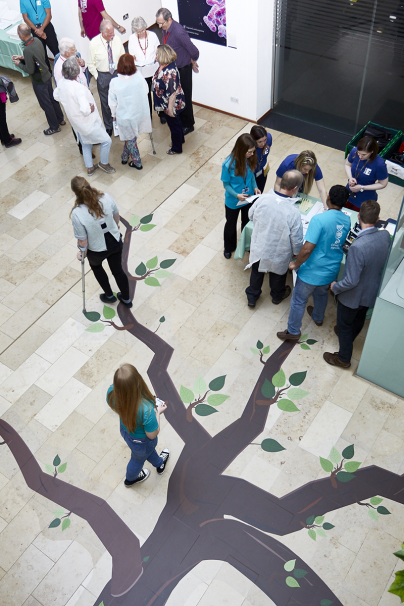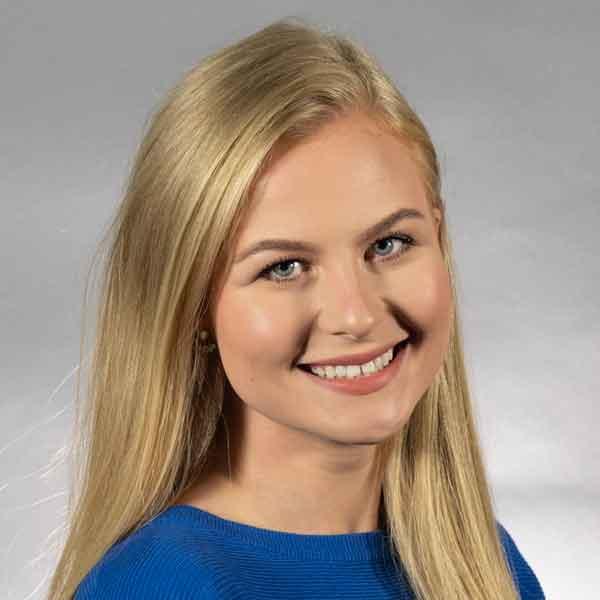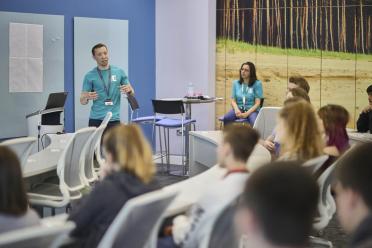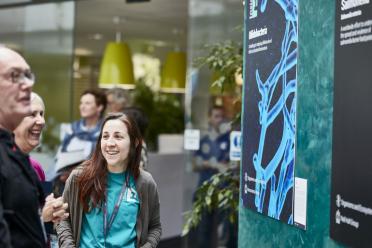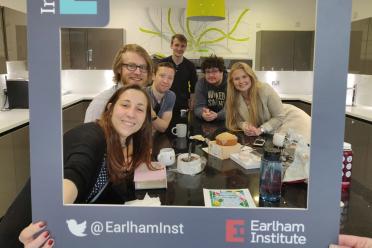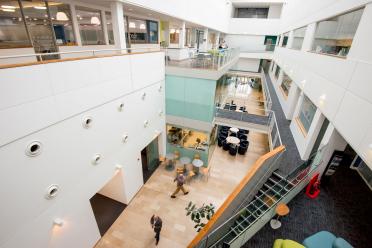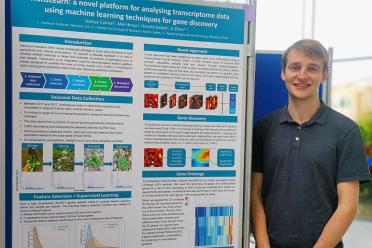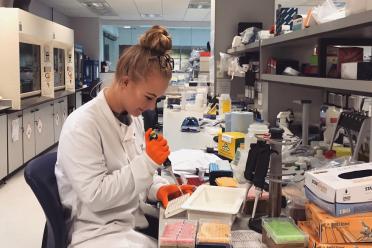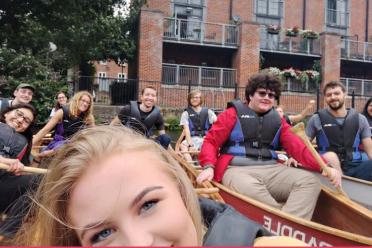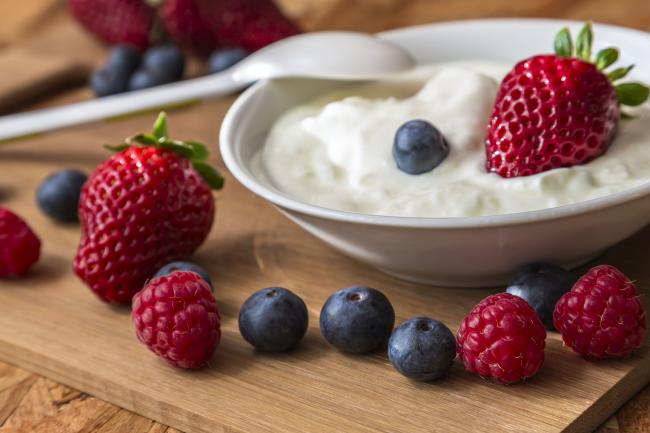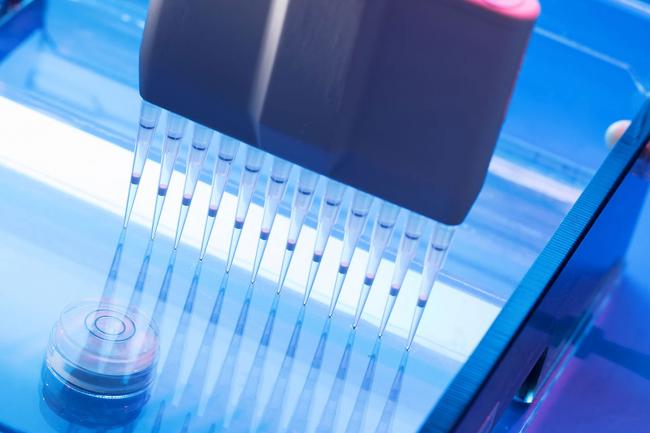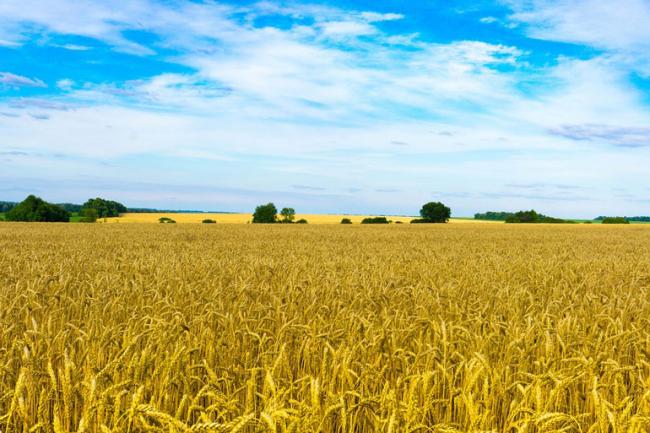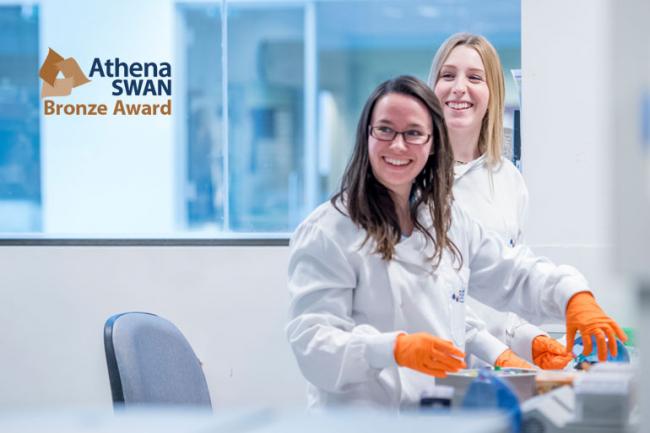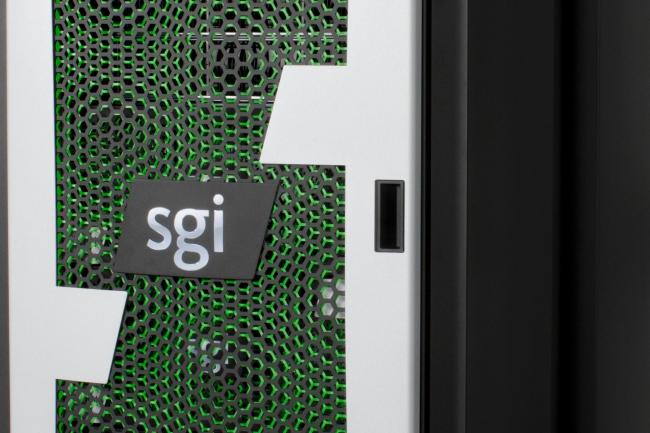What have you learnt?
This year, one of the biggest practical things I’ve learnt is to be flexible with my expectations.
You get used to having this plan in your head, but you get to a point where things change and you have to adapt how you’re thinking, or you’re going to burn out. I’ve learnt to put my expectations in context of what’s going on around me. I spent way too much time earlier this year frustrated and concerned about lagging behind, but I’m at a point now that I’ve learnt it’s better to do your best with the things you have than worry about everything you’re not doing.
In terms of my PhD, I am so much better at bioinformatics. I’ve been working a lot more at home, which has given me time to focus on this area I maybe didn’t have time for when I was more lab focused. I’ve been doing analyses that I thought I’d never be able to do!
What are you most proud of?
One of the things that stands out is the teaching I’ve done. It was a really great, though surreal, experience to be able to demonstrate on the master’s course I did two years ago - a role reversal! That was a nice moment.
I also recently taught on the Single Cell RNAseq course here at EI which was really well received, with compliments and follow up emails from people who had questions about collaborations or how to do things in the lab. I’m proud that I’m at a stage where I can communicate what I’ve learnt in a way that helps other people.
What are you looking forward to?
A lot of things have been put on hold, in terms of going to conferences. The plan this year was that I would present at three events for the first time, so I’m really looking forward to showing people the work I’ve done - even if it’s only virtual for the time being. Presenting where I’m going next, which is exciting.
At this point, my work almost concludes a chapter of my thesis - so I’m looking forward to putting this data into a manuscript for publication and to start the next chapter of my thesis, and set of experiments.
